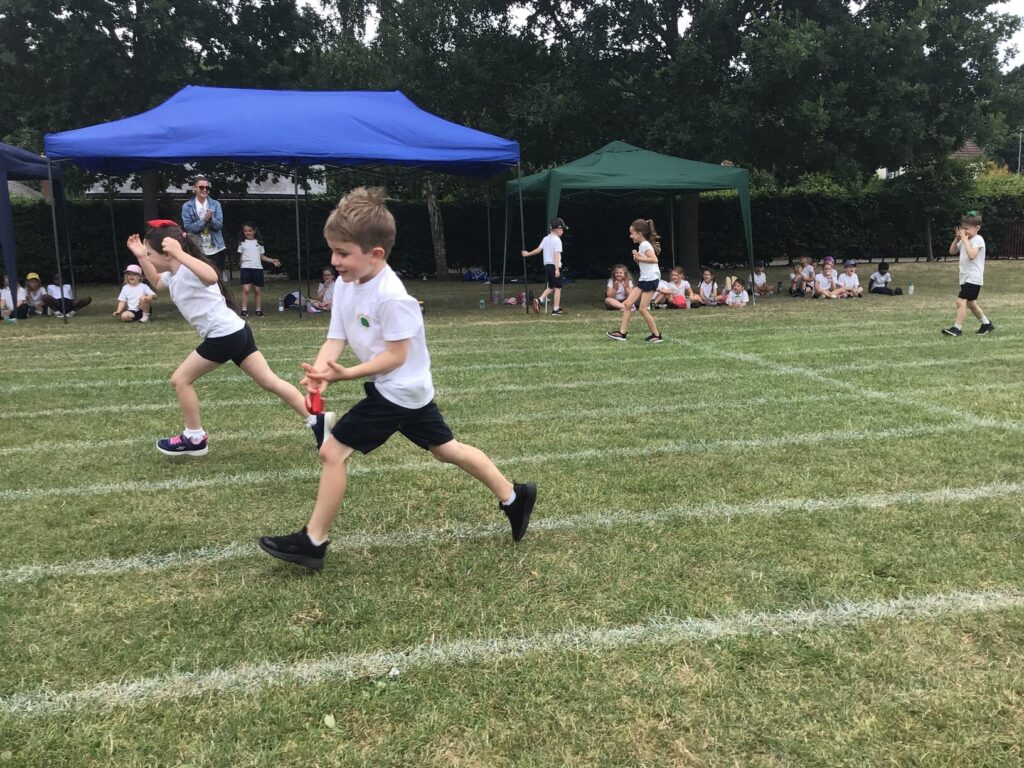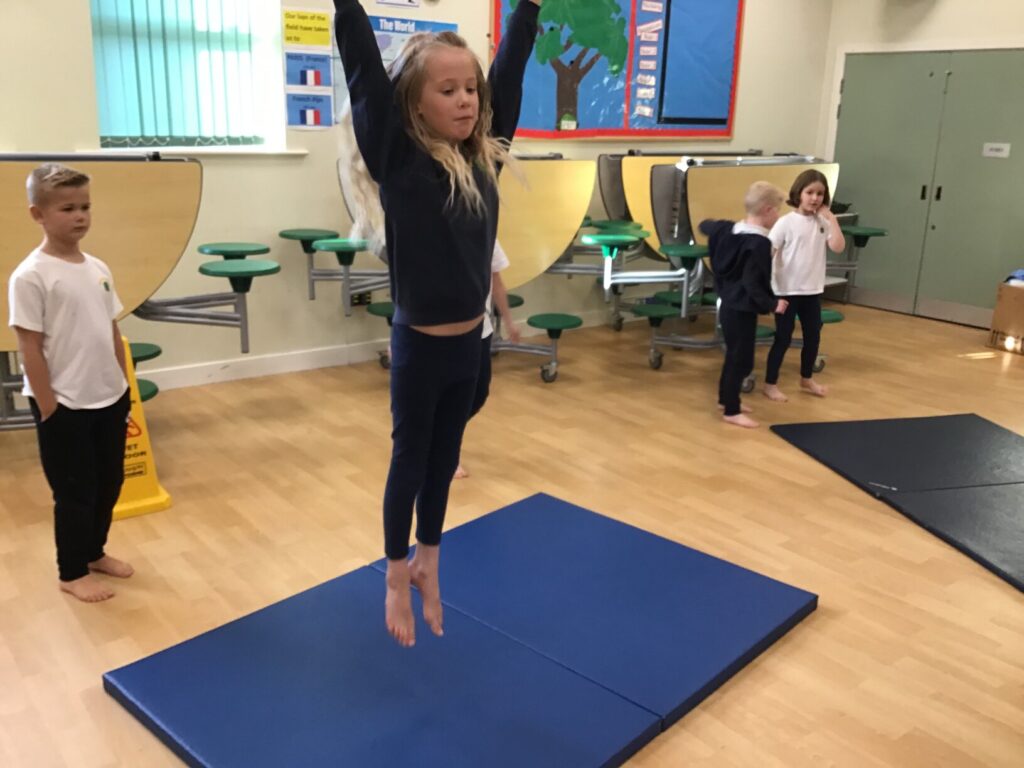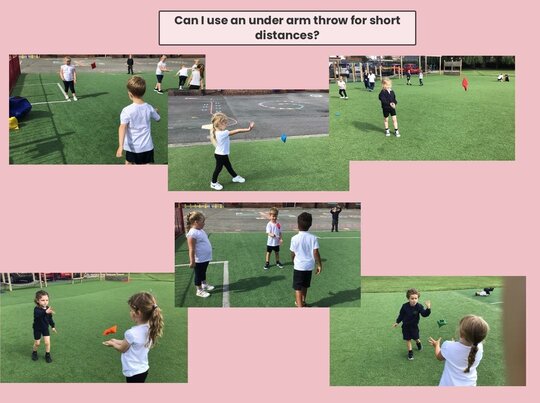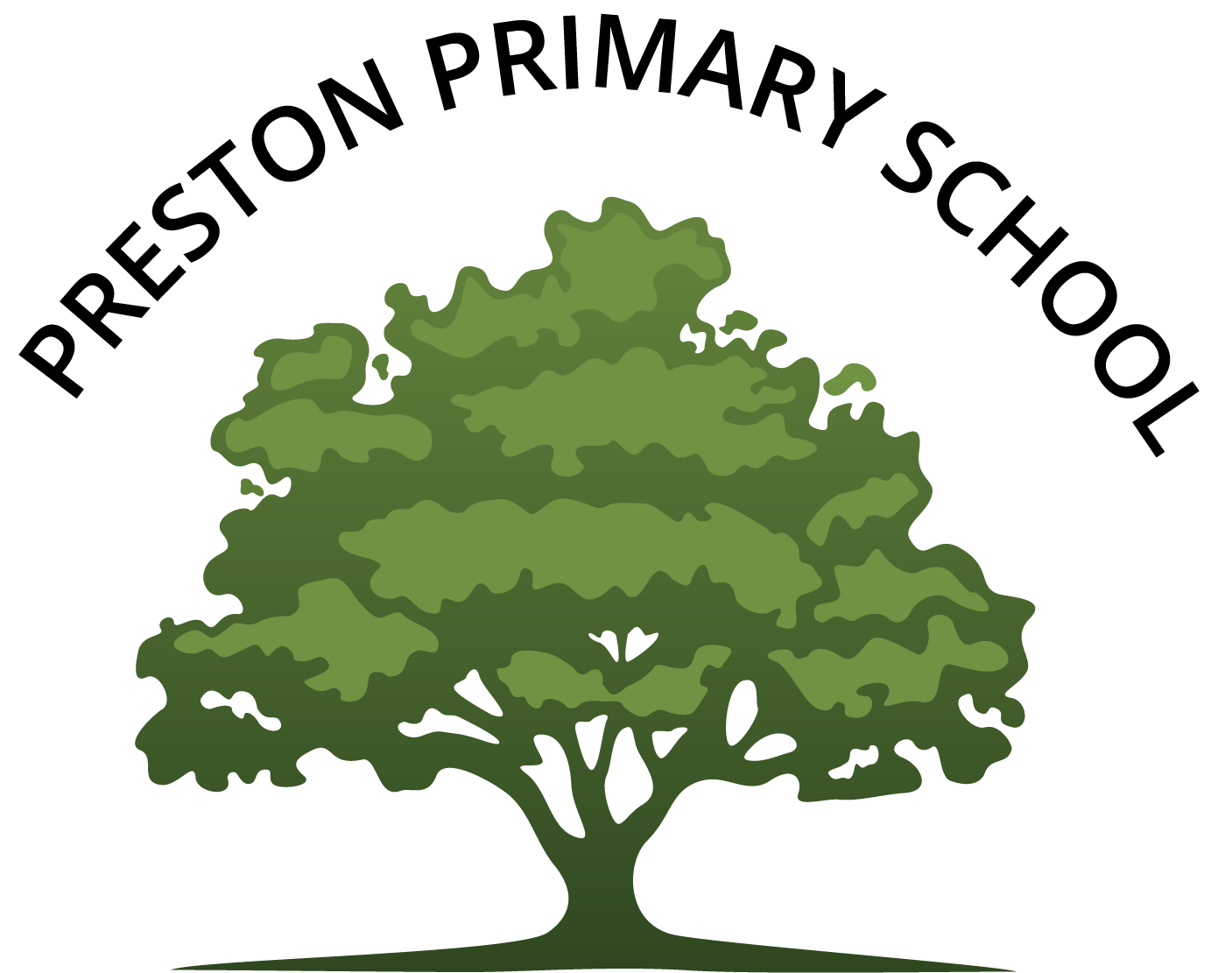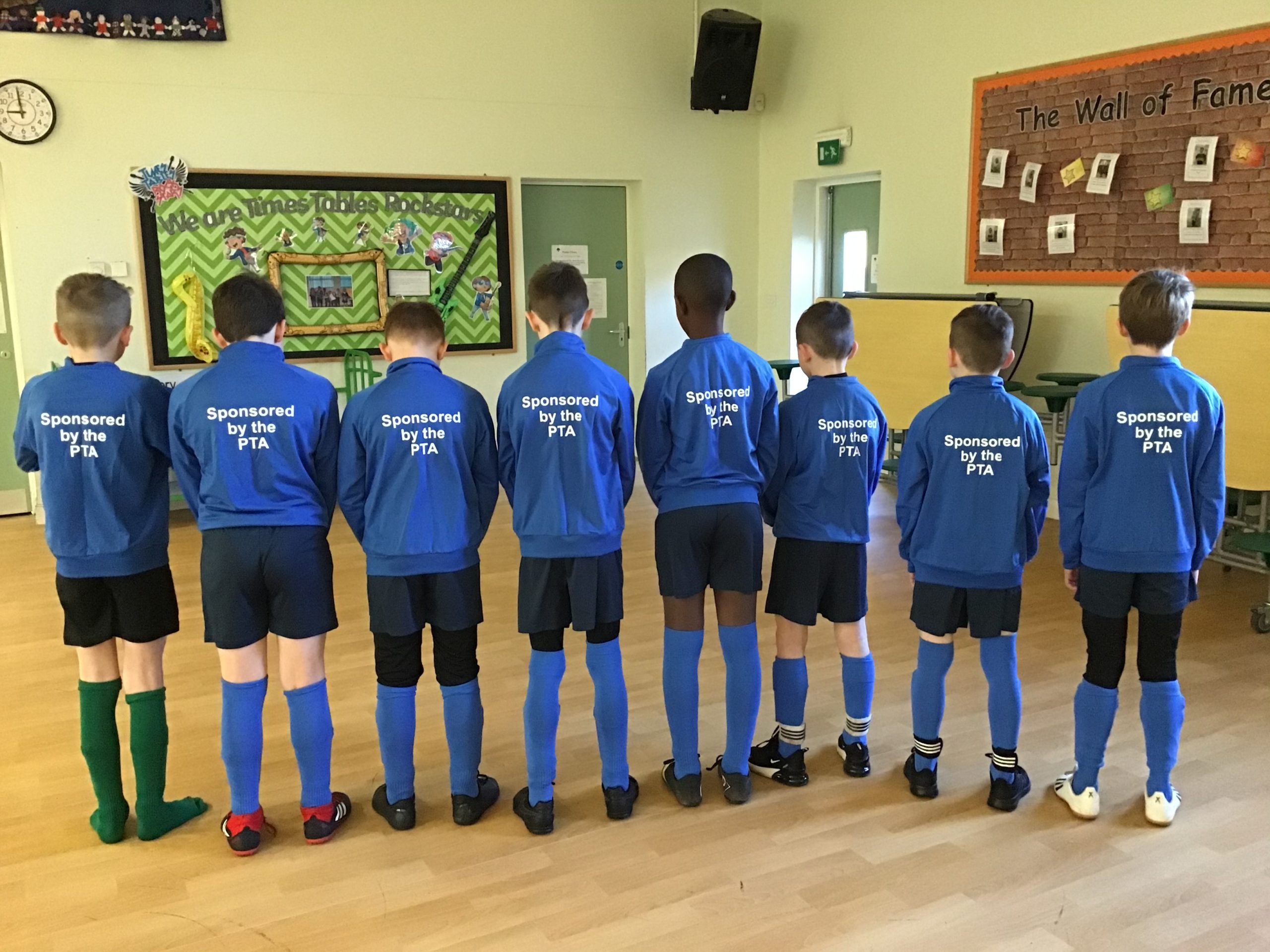PE
Through PE & sport our children learn to develop the important qualities of discipline, communication, team work, and ambition, which inspire them to continue being active whenever they can. Children will learn skills to allow them to take part in competitive sport but these skills are not just based on physical activity, but their mental ability and understanding. All children will participate in a completion, during their time at Preston. A high quality PE curriculum will allow pupils to be challenged with learning about themselves and the importance of a healthy lifestyle, through their mental wellbeing, i.e. how to use sport as a stress relief, and how to cope with failure. Our curriculum needs to express the importance of PE and all the things the children and staff can gain from it. The astro turf will be a privilege and used to increase children’s skills is different areas; not just football.
Three Strands:
- Respect
- Healthy Minds
- Skills
Respect (including team work)
- Respect of rules/understanding rules
- Lines of handshakes
- Umpire / referee decision
Healthy minds
- Emotional triggers
- How does sport make you feel
- Gender sports
- Body images in sports
- Alright not always to be 1st
- Time to improve
Skills
- Share your skills
- Teach something new
- Adapt so you can achieve
- Working together, beginning it small groups
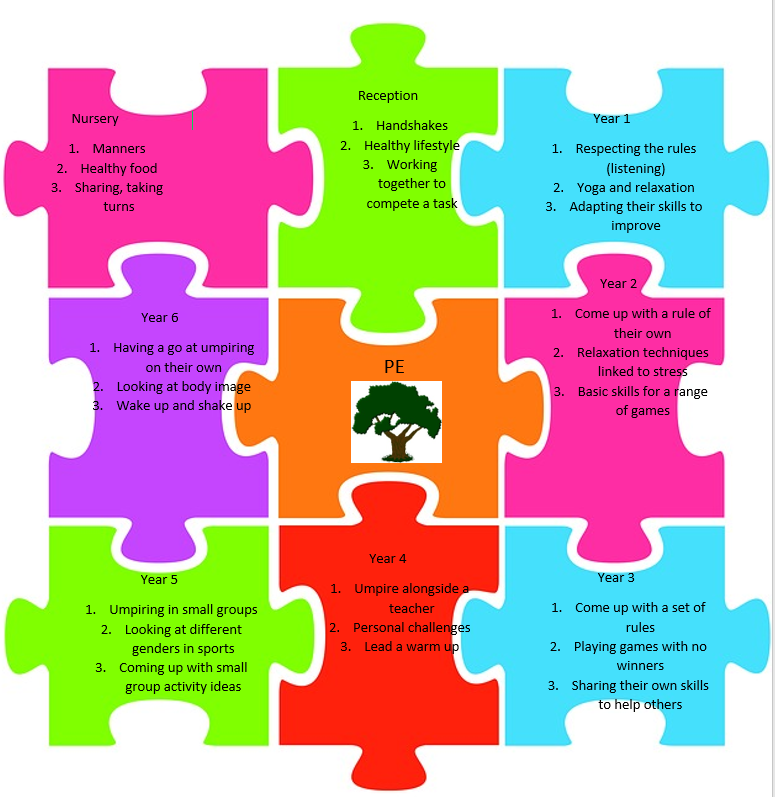
Long Term Framework with takeaways
Skills
| In Early Years the children will be encouraged to |
| Mounts stairs, steps or climbing equipment using alternate feet. Walks downstairs, two feet to each step while carrying a small object. Jumps off an object and lands appropriately. Can catch a large ball. Shows increasing control over an object in pushing, patting, throwing, catching or kicking it. Runs skilfully and negotiates space successfully, adjusting speed or direction to avoid obstacles. |
| In Key Stage One this then is built upon through studying |
| Master basic movements including running, jumping, throwing and catching, as well as developing balance, agility and co-ordination, and begin to apply these in a range of activities. |
| In Key Stage Two this is then built upon through the study of |
| Use running, jumping, throwing and catching in isolation and in combination. |
Movement
| In Early Years the children will be encouraged to |
| Experiments with different ways of moving. Can stand momentarily on one foot when shown. Travels with confidence and skill around, under, over and through balancing and climbing equipment. Moves freely and with pleasure and confidence in a range of ways, such as slithering, shuffling, rolling, crawling, walking, running, jumping, skipping, sliding and hopping. Children show good control and co-ordination in large and small movements. They move confidently in a range of ways, safely negotiating space. |
| In Key Stage One this then is built upon through studying |
| Perform dances using simple movement patterns. |
| In Key Stage Two this is then built upon through the study of |
| Develop flexibility, strength, technique, control and balance [for example, through athletics and gymnastics] Perform dances using a range of movement patterns. Compare their performances with previous ones and demonstrate improvement to achieve their personal best. |
Team Games
| In Early Years the children will be encouraged to |
| Negotiates space successfully when playing racing and chasing games with other children, adjusting speed or changing direction to avoid obstacles. |
| In Key Stage One this then is built upon through studying |
| Participate in team games, developing simple tactics for attacking and defending. |
| In Key Stage Two this is then built upon through the study of |
| Play competitive games, modified where appropriate [for example, badminton, basketball, cricket, football, hockey, netball, rounders and tennis], and apply basic principles suitable for attacking and defending. Take part in outdoor and adventurous activity challenges both individually and within a team. |
Swimming
- Swim competently, confidently and proficiently over a distance of at least 25 metres.
- Use a range of strokes effectively [for example, front crawl, backstroke and breaststroke].
- Perform safe self-rescue in different water-based situations.
Physical Education Year Group Overview
| Physical Education Overview | |
| Nursery | Experiments with different ways of moving. Can stand momentarily on one foot when shown. Mount stairs, steps or climbing equipment using alternate feet. Walks downstairs, two feet to each step while carrying a small object. Can catch a large ball. Runs skilfully and negotiates space successfully, adjusting speed or direction to avoid obstacles |
| Reception | Travels with confidence and skill around, under, over and through balancing and climbing equipment. Moves freely and with pleasure and confidence in a range of ways such as slithering, shuffling, rolling, crawling, walking, running, jumping, skipping, sliding and hopping. Jumps off an object and lands appropriately. Shows increasing control over an object in pushing, patting, throwing, catching or kicking it. Negotiates space successfully when playing racing and chasing games with other children, adjusting speed or changing direction to avoid obstacles. Children show good control and co-ordination in large and small movements. They move confidently in a range of ways, safely negotiating space. |
| Year One | Develop basic movements including running, jumping, throwing, catching, as well as developing balance, agility and co-ordination, and begin to apply these in a range of activities. Perform dances using simple movement patterns. Participate in team games, following simple tactics for attacking and defending. |
| Year Two | Master basic movements including running, jumping, throwing and catching, as well as developing balance, agility and co-ordination, and begin to apply this in a range of activities. Devise dances using simple movement patterns. Participare in team games, following simple tactics for attacking and defending. |
| Year Three | Use running, jumping, throwing and catching in isolation and in combination. Play competitive games, modified where appropriate, and apply basic principles suitable for attacking and defending Develop flexibility, strength, technique, control and balance Perform dances using a range of movement patterns Take part in outdoor and adventurous activity challenges both individually and within a team. Compare their performances with previous ones and demonstrate to improvement to achieve their personal best. Focus Y3 Dance – Devise dances in pairs, evaluate these Games – Netball (throwing and catching) Bench Ball – accuracy of aim |
| Year Four | Use running, jumping, throwing and catching in isolation and in combination. Play competitive games, modified where appropriate, and apply basic principles suitable for attacking and defending Develop flexibility, strength, technique, control and balance Perform dances using a range of movement patterns Take part in outdoor and adventurous activity challenges both individually and within a team. Compare their performances with previous ones and demonstrate to improvement to achieve their personal best. Focus Y4 Dance – Devise dances in small groups, evaluate these Games – Tennis – introduce of intuiting equipment Dodge Ball – (flexibility and movement) |
| Year Five | Use running, jumping, throwing and catching in isolation and in combination. Play competitive games, modified where appropriate, and apply basic principles suitable for attacking and defending Develop flexibility, strength, technique, control and balance Perform dances using a range of movement patterns Take part in outdoor and adventurous activity challenges both individually and within a team. Compare their performances with previous ones and demonstrate to improvement to achieve their personal best. Focus Y5 Dance – Devise dances to convey emotion small groups, evaluate these Games – Rugby funny shaped ball, space finding, passing backwards Kwik Cricket – team game |
| Year Six | Use running, jumping, throwing and catching in isolation and in combination. Play competitive games, modified where appropriate, and apply basic principles suitable for attacking and defending Develop flexibility, strength, technique, control and balance Perform dances using a range of movement patterns Take part in outdoor and adventurous activity challenges both individually and within a team. Compare their performances with previous ones and demonstrate to improvement to achieve their personal best. Focus Y6 Dance – Devise dances that reflects different cultures small groups, evaluate these Hocket – hard balls, space finding, equipment is longer Basketball – dribbling technique |
